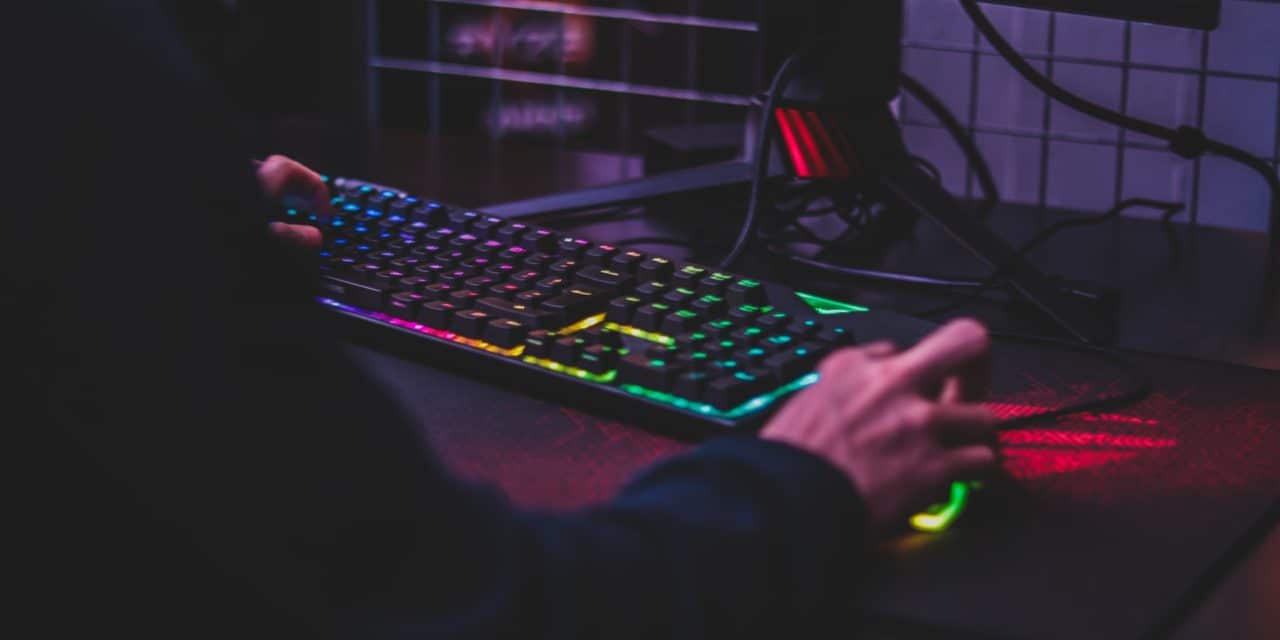[ad_1]
“Turn my mic up!”
“Turn the music down!”
“Turn me up!”
“Turn me down!”
“I can't hear myself!”
How many of you have heard these phrases from an artist performing on stage? Here's an even better question: How many of you have found yourself saying them before/during a performance? I have, and I'm not afraid to admit it. In some situations it may be the DJ or whoever's running the sound system. In other cases it may be the sound system itself. But in most cases–and in no way is this being stated to belittle any up and coming performer, whether you sing, rap, or play an instrument–it may not be any of those situations.
Yes, that's right: It may just be YOU.
I've seen many artists who will get agitated because they feel like the audience can't hear them or they can't hear themselves, and will automatically blame whoever's running the sound. But there's nothing wrong with the system; the microphones are brand new, the speakers are leveled great, and the EQ is on point. The problem is the way they are holding the microphone. If you are a professional and/or major artist–C'MON SON. (Though nowadays some major artists don't know how to perform on stage, but that's another topic. *cough*) But if you are just starting out, I understand. At the same time I feel sorry for most of you because you're just jumping out there ready to make it big, yet you do not have the proper training necessary in this music industry. There are methods that lead to success, and you have to be willing to learn them. If you want people to hear you on stage, you have to learn how to use the microphone.
HOLDING THE MICROPHONE
You can sing and/or rap as loud as you want, but the audience will not be able to hear clearly if the microphone is too far away from your mouth. No one should be watching you perform with it all the way down near your chest. For better results, the microphone should be at least 1 to 2 inches away from your mouth while you are performing. If you are a singer, the only time you should pull away is when you are projecting your voice in order to avoid being too loud in the speakers, at least no more than one foot in distance.
“CUFFING” THE MICROPHONE
Rappers, this is ESPECIALLY for you. We've heard this term, before: “Don't cuff the mic.” To those not privy to the meaning of this term, “cuffing” is when a person wraps their hand around the ball of the microphone while speaking or rapping. From my own experience, this hurts an artist because it blocks the field of sound. It also muffles and distorts a person's voice to the point where you cannot even understand what they're saying.
Your hand should be gripping the handle directly underneath the ball. This will enable the microphone to better pick up sound so the audience can hear you more clearly. Now I will admit that some people feel differently about this; there are artists (moreso rappers) that believe “cuffing the mic” actually helps increase the volume so they can be heard better. Shoot, I'm actually guilty of having done it every now and then, but moreso out of habit than anything else. If you “cuff the mic” (and be honest with yourself), I recommend you do what I was doing until I habitually started holding it correctly: Practice on at least leaving enough space at the top of the ball so you have a better chance at not sounding muffled.
KEEPING THE MICROPHONE NEAR YOU
How you hold the microphone when you're not performing is just as important as when you are. Never should you allow yourself to let it hang to the side in between verses (this goes for backups and hypemen, too). Letting it hang as if you are about to drop it on the ground only adds more effort into bringing it back up to your mouth when it's time to perform or speak your adlib. Not only that, it also causes that ear-splitting sound we like to call “feedback” when you get near a speaker or monitor. You are literally putting the microphone into the monitor when you let it hang.
So in order to avoid this from happening, keep your arm bent and near your body when you're not speaking/rapping/singing. This will make it much easier to bring the microphone back to your mouth, as well as avoid putting it into the monitors.
IN CLOSING…
Performing on stage is all about leaving a long-lasting first impression on your target audience. People who see you–fans, other artists, A&R's and industry executive higher-ups alike–are paying attention. They're paying attention to your stage presence as well as your energy, determining whether or not you can move crowds. But most importantly, they're paying attention to your delivery. And, in my opinion, your delivery begins with the microphone.
[ad_2]
Source by Calen Johnson

